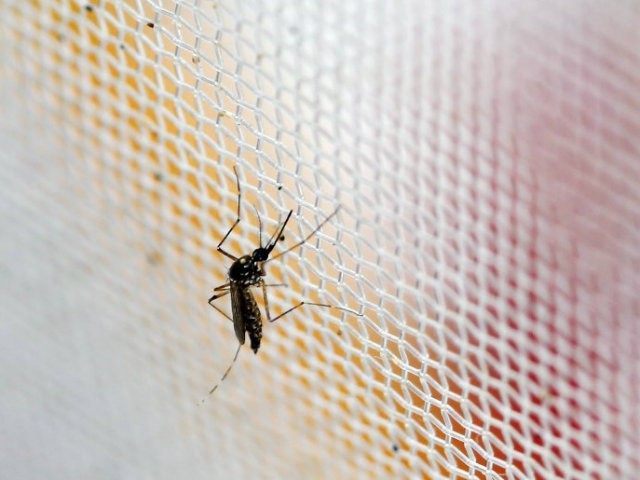Amidst the controversy over the possible link between the Zika virus and microcephaly in unborn babies, El Salvador’s Ministry of Health reported this week that 13 women infected with the disease had given birth to healthy babies with no signs of microcephaly.
The abortion industry has seen in the Zika epidemic a rare opportunity to push for abortion-on-demand in Latin American countries that current restrict or prohibit abortion, in what some are calling the “silver lining” of the health crisis.
Instead of looking for remedies to counteract the spread of the virus, some are playing into fears and exploiting the crisis to create panic.
El Salvador tops the list of countries targeted by Planned Parenthood and other abortion advocacy groups, since it has been called the nation with “the world’s strictest anti-abortion law.”
“What happens in a country where abortion is completely illegal?” said Angélica María Rivas of ACDA, a Salvadoran partner of Planned Parenthood that agitates for the decriminalization of abortion. “What can be expected is an increase in the rates of illegal abortions, unsafe abortions and a mental health issue for women.”
Even though there have been no confirmed cases of microcephaly in El Salvador, Salvadoran officials have cautioning women not to get pregnant for two years to avoid the Zika virus, a measure that health advocates have called wildly unrealistic.
Giselle Carino, deputy director for the International Planned Parenthood Federation’s (IPPF) Western Hemisphere Region, called El Salvador’s response to the Zika virus “insufficient at best,” but said she hopes it will move legislators to reconsider their ban on abortion.
The mainstream media has enthusiastically supported the abortion industry in its crusade to have abortion laws relaxed, with headlines such as “How Anti-Abortion Laws in the Americas Are Fuelling the Zika Virus Epidemic” (The Independent); “If Women with Zika Risk Shouldn’t Get Pregnant, They Need Abortion Access” (The Guardian); “The Abortion Rights Dystopia Brought On by the Zika Crisis” (Jezebel).
The pro-abortion Center for Reproductive Rights, based in New York City, has also organized an online petition demanding that the government of El Salvador legalize abortion for women who contract the Zika virus.
The Centers for Disease Control and Prevention (CDC), however, have said that “further studies are needed to better distinguish this relationship” between Zika and microcephaly, and have stressed that “the virus does not cause infections in a baby is conceived after the virus is removed from the blood.”
The Health Minister of El Salvador, Violeta Menjíva, said that since the virus was detected in the country, infections have been discovered in 159 pregnant women, who are all receiving regular sonograms and are “being properly inspected and checked by the Ministry of Health.”
The birth of thirteen healthy babies to women infected with the Zika virus is a welcome sign that microcephaly is not the guaranteed outcome of the malady, which may help diminish the panic provoked by those who have anything but the health of mothers and their babies at heart.
Follow Thomas D. Williams on Twitter @tdwilliamsrome

COMMENTS
Please let us know if you're having issues with commenting.